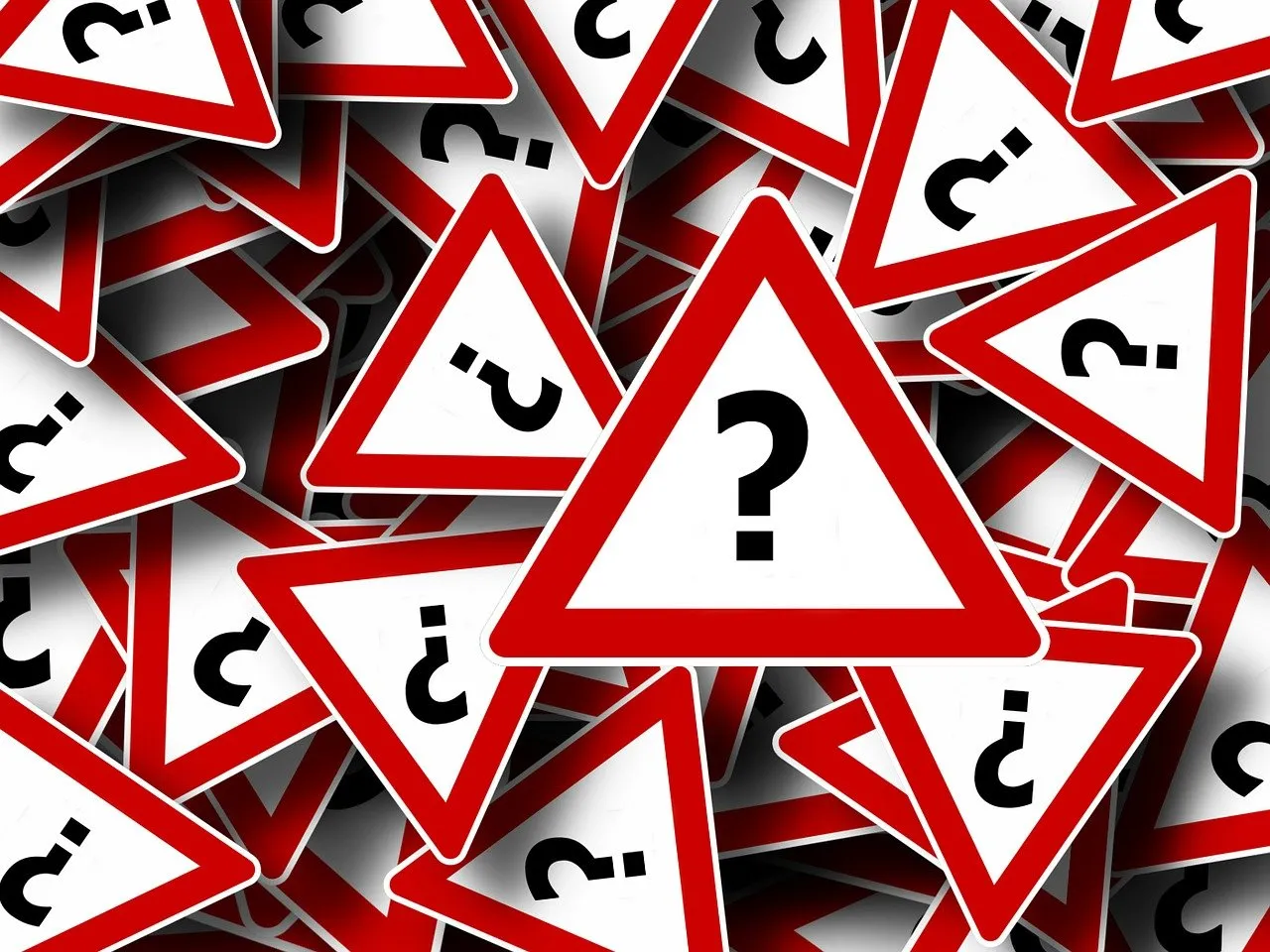
Hello everyone and welcome back to the series on CBD For Beginners. In this final article in the series, we are going to discuss some of the common myths and misconceptions that are flying out there about CBD. I am also going to wrap up the article series with some final words.
If you are just landing on this article and want to check out the rest of the series check out the following links:
Post 1:
@thelogicaldude/cbd-for-beginners-cbd-explained-the-introduction
Post 2:
@thelogicaldude/cbd-for-beginners-how-cbd-can-improve-your-life
Post 3:
@thelogicaldude/cbd-for-beginners-top-5-forms-of-cbd
So let's get right into the common myths and misconceptions...
Myth #1
CBD is medical, and THC is recreational.
In truth, THC has amazing medicinal properties as does CBD. Scientists at the Scripps Research Center in San Diego reported that “THC inhibits an enzyme implicated in the formation of amyloid beta plaque,” which is the type of plaque found in Alzheimer’s disease.
The FDA recognizes single-molecule THC (dronabinol, sold as brand name Marinol) as an anti-nausea agent and appetite booster. They classify it only as a Class III drug, which is reserved for less- addictive substances.
Myth #2
CBD is most effective without THC.
In truth, CBD and THC work best together, just as the cannabis
plant creates them.
Scientific studies have proven that THC and CBD act in tandem with each one enhancing the other’s therapeutic and natural healing effects. The industry became infatuated with trying to isolate both compounds and market them at higher prices, when in fact, full spectrum is best. There are also many other compounds in the plant that help balance out that spectrum. CBD is actually known to help calm the 'munchie' cravings as well, which helps over indulgence.
Myth #3
CBD is not psychoactive.
CBD certainly isn’t an intoxicant, but it’s a mistake to label it non- psychoactive. It does act as a powerful mood-altering compound, even though you don’t get “high” like you do from THC. It’s more accurate to say, “CBD isn’t as psychoactive as THC.” I know in my personal experience, I most certainly get a heavy calming effect.
Myth #4
Psychoactivity is always an adverse side effect.
Big Pharma is looking to synthesize medically active marijuana-like molecules that don’t make people “high.” So, to them, the “high” is an unwanted side effect.
In truth, the word euphoria literally means “having health” in Greek; it’s a state of well-being. Which is why I like to stay "high", haha.
Dr. Tod Mikuriya, a psychiatrist and author of books such as the Marijuana Medical Papers says, “We should be thinking of cannabis as a medicine first. One that happens to have some psychoactive properties, as many medicines do, rather than an intoxicant that happens to have a few therapeutic properties on the side.”
Myth #5
CBD is just like a sedative.
The truth is that very high doses of CBD may trigger a sleep- promoting effect (perfect for those suffering from insomnia), however moderate doses can actually be mildly energizing.
In other words, CBD doesn’t cause sedation, but it may help restore better sleeping patterns by helping your brain produce more melatonin throughout the night.
And since it also helps reduce anxiety, it can help improve the quality and duration of your sleep.
Myth #6
High doses of CBD work better than low doses.
CBD isolates do require higher does than whole plant CBD-rich oil
extracts. That doesn’t mean the single-molecule version is better. Reports suggest that a synergistic combination of CBD, THC, and other cannabis components can be more effective at lower doses.
Myth #7
CBD is converted to THC in your stomach.
There have been extensive clinical trials demonstrating that CBD,
even at high doses, does not cause THC-like effects. On the contrary, in the right amounts, CBD can lessen or neutralize the THC “high.” Again, there is a reason that all of the molecules exist in the cannabis plant, it's all about balance.
Overall Final Words To Wrap It All Up!
As I’ve discussed throughout this article series, CBD offers many health benefits, including pain management as well as reducing anxiety and depression.
But CBD goes far beyond that. It has been proven to help reduce symptoms related to cancer (as well as the side effects of cancer treatment such as nausea and vomiting) and much more.
Further, recent research has linked CBD to many benefits relating to the heart and circulatory system, including the ability to lower high blood pressure!
And best of all, regardless of your reasons for experimenting with CBD, it is known to carry little to no side effects.
I hope these articles have provided with you better insight as to how CBD can help improve your quality of life.
Here's to a better tomorrow through natural medicines!
Header image downloaded from Pixabay:
https://pixabay.com/illustrations/road-sign-attention-right-of-way-63983/
Here are the references I used in my research, they may be able to help you better understand CBD for your journey!
Here are links to a few resources that I believe will help you:
6 Benefits of CBD Oil:
https://www.healthline.com/health/cbd-oil-benefits
CBD for Anxiety:
https://www.medicalnewstoday.com/articles/how-to-use-cbd-for-anxiety
CBD Explained:
https://www.medicalnewstoday.com/articles/317221
CBD on Wikipedia:
https://en.wikipedia.org/wiki/Cannabidiol

